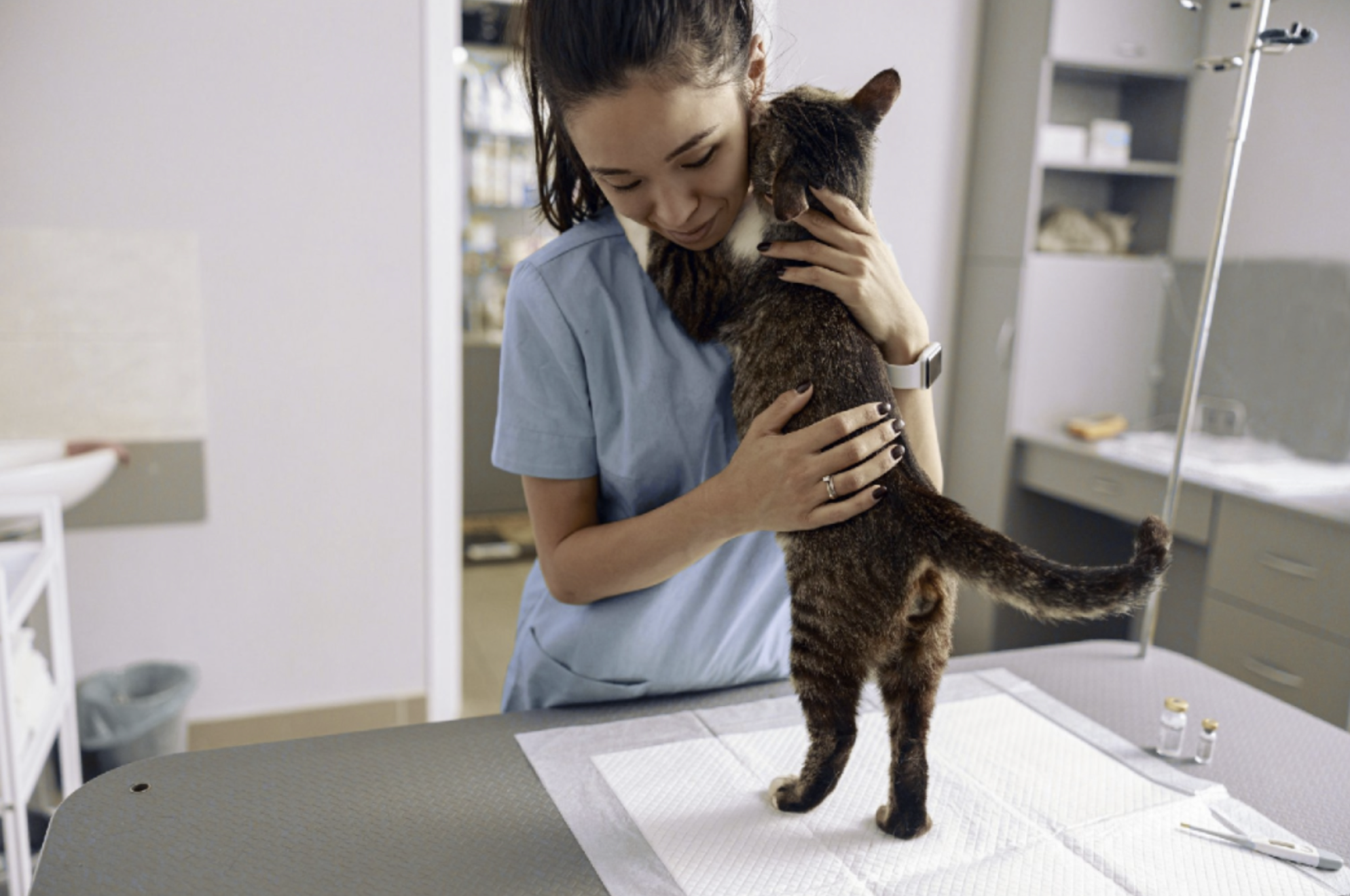General Pet Wellness
Vaccines
One key element of maintaining your pet’s health is keeping their vaccinations up to date. For more information, look at our Vaccine Article.
Diet and Exercise
Like people, diet and exercise needs will vary between pets. Be sure your pet exercised adequately, not only to keep them at a healthy weight, but to keep them getting bored and developing destructive behaviors. For their diet, there’s a multitude of options available. Some brands we recommend are:
Purina Pro Plan
Hill’s Science Diet
Royal Canin
Each brand has a variety of diets from weight management to senior plans. Since each one is formulated differently, read the feeding instructions carefully to prevent overfeeding or underfeeding your pet. If the measurement of food seems too high or low to you, ask your vet for a second opinion.
What to Look for at Home
As your pet progresses through various life stages, it’s common to observe shifts in appetite, appearance, behavior, and activity levels. On the other hand there are changes that should be monitored and may warrant a visit to the vet. Changes that should be given attention are:
Increased vocalization
Not eating or drinking water for more than a couple days
Straining to pass a bowel movement or urinate
Prolonged depressive behavior
Lack of interest in usual activities
Mopey or sad body language/expression
Sudden aggression
Vomiting and/or diarrhea (especially for more than a day)
Routine Exams
As part of maintaining your pets overall health, routine exams should be performed. For younger pets, exams can be done every few years-as long as no chronic illness is being monitored. Senior pets should be examined every year to monitor for any age related issues. During routine exams, doctors will look at:
Basic vitals
Respiration rate
Gum color
Heart rate
Your pets coordination and balance
How alert they are
Body condition (are they too fat or too thin? are there signs of muscle wasting or atrophy?)
Condition of the haircoat and skin
Abnormalities of the eyes
Redness
Discharge
Bumps around the eyelids
Cloudiness, etc.
Issues with the ears
Redness
Swelling
Odor
Debris buildup, etc.
Condition of the mouth and teeth
Tartar build up
Broken teeth
Irritation of gum tissue
Excessive salivation
Additional diagnostics may be performed if the doctor suspects an internal issue that cannot be diagnosed without blood work or x-rays.
For senior pets, routine blood work should be done one to two times a year to monitor any changes in organ function and to catch any new conditions (e.g cancer, infection, internal inflammation, etc). Routine blood work is also needed if your pet is on long term treatment such as thyroid, seizure, or heart medications.
References
Weir, M., Williams, K., and Yuill, C. ‘Wellness Examination in Dogs’. Available here.


